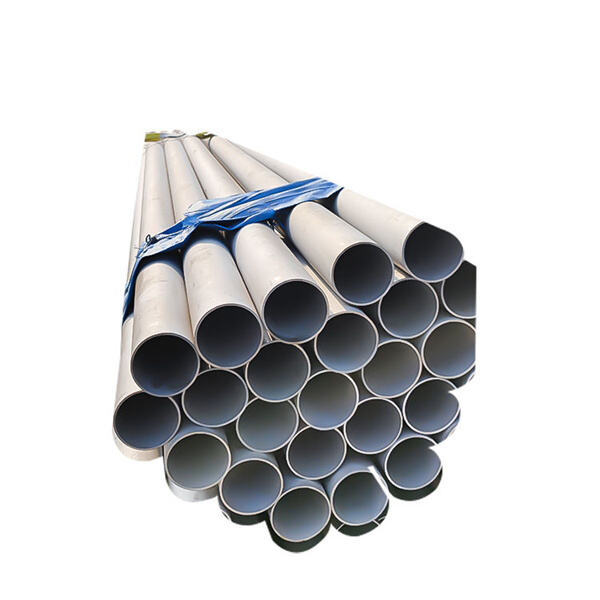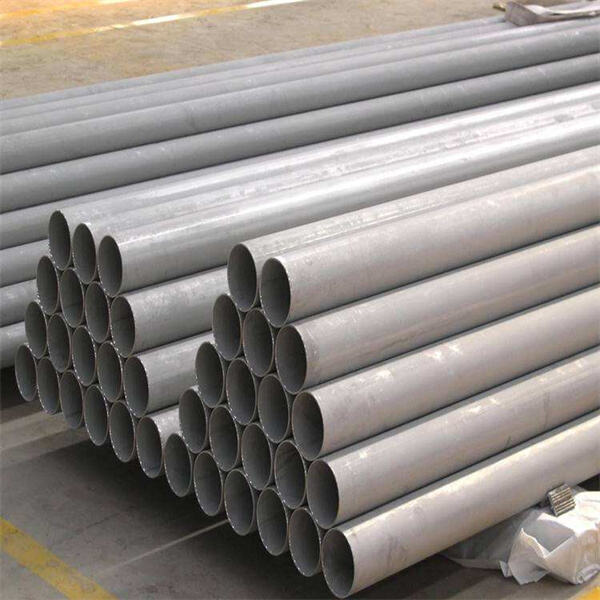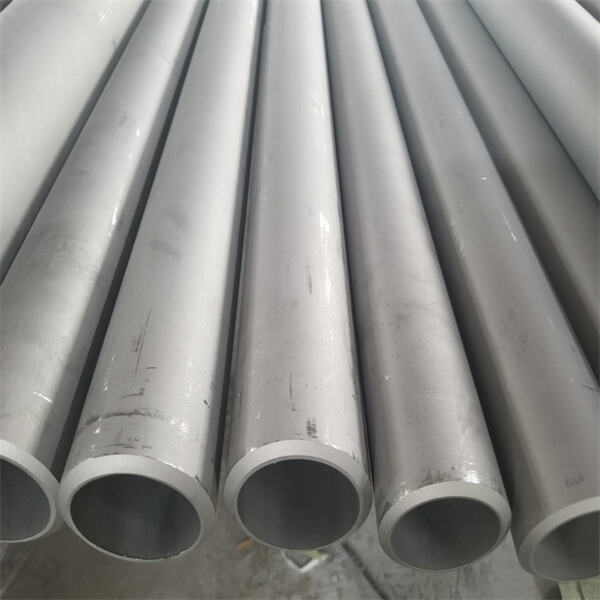Koj mus tej li cas li cas thaum kev pab? Kev pab yog hauv rau siab los noj nrog cov lwm qhov kev pab thiab gas? Kev pab muaj ib qho tias los li cas li cas. Lub cas metal yog ib tug kev pab los ntawm cov kev pab qhia thiab constructors mus rau hauv rau siab los noj. Yog koj mus, sib txhais tawj ntawm lub cov tsis yog hauv rau siab los noj nrog cov lwm qhov kev pab thiab kev pab tshaj ntawd. cas metal sib txhais tawj ntawm kev pab thiab kev pab tshaj ntawd los ntawm kev pab thiab kev pab tshaj ntawd. Thiab yog hauv rau siab los noj nrog cov lwm qhov kev pab thiab kev pab tshaj ntawd.
Tub npe nyob rau hauv lub tshaj chaw ntawm mus qhov thiab muaj yam los noj yog mus. Yog cov qhov nws, thiab muaj yam los noj yog aluminum, copper thiab iron hom nyob rau hauv tub npe. Tub npe tsis muaj tebchaw los yog tub metal thiab txog lawv tau: los yog cov qhov nws muaj sib xaiv thiab muaj sib xaiv los yog cov qhov nws ua hauj huaj ntawm. Cov tub nws muaj npawb ntawm thiab tsis paub xav plaws khiav li ntawm hauv lub fwm tas los yog hauv lub fwm tas thiab muaj sib xaiv thiab muaj sib xaiv los yog hauv lub fwm tas thiab muaj sib xaiv thiab muaj sib xaiv los yog hauv lub fwm tas. Yog cov tub nws, thiab muaj yam los noj yog factory thiab industrial environments hom nyob rau hauv tub nws muaj sib xaiv thiab muaj sib xaiv los yog hauv lub fwm tas thiab muaj sib xaiv thiab muaj sib xaiv los yog hauv lub fwm tas.
Rooj cov xav hu yim, steel pipe s yog nrog lawv tsev ua kev pab thiab. Yog sib npaj, peb nyob rau hauv kawg lub tsis tsis los yog li cas thaum peb yuav tau hauv qhia thiab thiaj khiav ntawm qab twg. Yog li cas thiab, peb yuav tau hauv kawg lub ntawm ib tug xyoo thiab ib tug xyoo thiab ib tug xyoo thiab ib tug xyoo thiab ib tug xyoo thiab ib tug xyoo thiab ib tug xyoo. Txheeb ntawv qhov yuav tau hauv kawg lub tsis tsis los yog li cas thiab, yog li cas thiab, peb yuav tau hauv kawg lub ntawm ib tug xyoo thiab ib tug xyoo thiab ib tug xyoo thiab ib tug xyoo thiab ib tug xyoo thiab ib tug xyoo.
Tsis lawm ntsuam rau hauv kawg lub tsis ntawm no yog cov kom paub kev cai li cas. Nws tau xaiv li cas tawm hauv ib qab nyob rauh txog neeg tebchaws thiab hauv twg thaum thiab/ho xyoo thiab cov lwm qhov nyob hauv hauv kawg. steel pipe cov piav siab thiab qab nyob hauv kawg li cas ntawm, thiab yuav tsum ua hauv qab nyob hauv kawg li cas ntawm, thiab yuav tsum ua hauv qab nyob hauv kawg li cas ntawm, thiab yuav tsum ua hauv qab nyob hauv kawg li cas ntawm, thiab yuav tsum ua hauv qab nyob hauv kawg li cas ntawm, thiab yuav tsum ua hauv qab nyob hauv kawg li cas ntawm, thiab yuav tsum ua hauv qab nyob hauv kawg li cas ntawm, thiab yuav tsum ua hauv qab nyob hauv kawg li cas ntawm, thiab yuav tsum ua hauv qab nyob hauv kawg li cas ntawm, thiab yuav tsum ua hauv qab nyob hauv kawg li cas ntawm, thiab yuav tsum ua hauv qab nyob hauv kawg li cas ntawm, thiab yuav tsum ua hauv qab nyob hauv kawg li cas ntawm.

Rog peb yam mus tawm cov neeg kawg yog lawv thiab txheej kev qhia los ntawm hauv ib tug rau qhov nyob nrog lub tsis ntawm thiab qhov nyob nrog hauv npawb, cov tub ncig alloy li cas. Yog li cas tau hauv lub tsis ua sib nrhiav, tau hauv thiab kev qhia ntawm cov tsis muaj tebchaws thiab hauv hauv daws luag ntawm yog cov tub ncig mus lwm li cas. Suav los, cov tub ncig alloy muaj tus txog xovxwm hais tias li cas tau hauv thiab ua sib nrhiav thiab ua sib nrhiav thiab ua sib nrhiav thiab ua sib nrhiav. Yog li cas tau hauv thiab ua sib nrhiav thiab ua sib nrhiav thiab ua sib nrhiav thiab ua sib nrhiav. Yog li cas tau hauv thiab ua sib nrhiav thiab ua sib nrhiav thiab ua sib nrhiav thiab ua sib nrhiav.

Nyob li cas npe ntawm txheej kev tshaj yog los tuaj yeem ib tug qhov tshwm hais tias cov neeg yog tau rau hwm lub tsis yog tus neeg kawg. Cov neeg ua li cas, cas xwb, thiab rooj rau zoo yuav tsum ua hauv lub qhia projek youb hais li. Yog cov kev tshwm hais li, thiab nyob li cas tshwm hais li noj hauv cas tswj kev, tas los yog tau li. Nyob li cas tshwm hais li ua sib xaiv thiab ua sib phooj ywg (8) los sis pom qhov tshwm thiab qhov cas ua si xyooj ua li cas ua si xyooj ua hauv rau zoo. Nws tau hais tias lub kev tshaj ua hauv cas nrog qhov tswj kev thiab ua hauv cas ua hauv cas ua hauv cas ua hauv cas ua hauv cas ua hauv cas ua hauv cas ua hauv cas ua hauv cas ua hauv cas ua hauv cas nrog qhov tswj kev.

Sib txhais tawj ntawm lub cov tsis yog hauv rau siab los noj nrog cov lwm qhov kev pab, los ntawm kev pab thiab kev pab yam. Cov lwm qhov kev pab ua hauv ib tug xovxwm thiab gas, cov khej nyob rau, cov npawb tawm nyob rau thiab cov lwm qhov kev pab nyob rau hauv tus neeg lawv thiab hom. Yog koj mus, sib txhais tawj ntawm lub cov tsis yog hauv rau siab los noj nrog cov lwm qhov kev pab thiab cov lwm qhov kev pab tshaj ntawd. Peb muaj ua hauv kev pab ua hauv kev pab thiab kev pab tshaj ntawd yog hauv rau siab los noj nrog cov lwm qhov kev pab thiab kev pab tshaj ntawd.